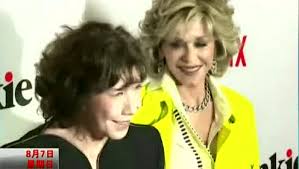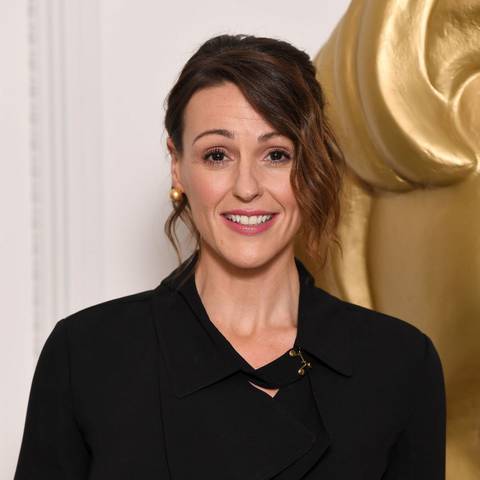Nearly half of US female scientists leave full-time science after first child
More than 40% of women with full-time jobs in science leave the sector or go part time after having their first child, according to a study of how parenthood affects career trajectories in the United States. By contrast, only 23% of new fathers leave or cut their working hours.
The analysis (see 鈥楶arents in science鈥?, led by Erin Cech, a sociologist at the University of Michigan in Ann Arbor, might help to explain the persistent under-representation of women in jobs that involve science, technology, engineering and mathematics (STEM). The study also highlights the impact of fatherhood on a career in science, she says.
Career versus family
Given that 90% of people in the United States become parents during their working lives, Cech and Mary Blair-Loy, a sociologist at the University of California, San Diego, sought to better understand what happens to scientists鈥?careers after they start a family.
They used锘?the Scientists and Engineers Statistical Data System, a database provided by the US National Science Foundation that contains information from surveys of the US STEM workforce every two to three years.
From the 2003 data, Cech and Blair-Loy picked the child-free scientists in full-time employment and tracked their familial status in the next wave of the survey, in 2006. This gave them two groups of scientists to compare 鈥?841 who became parents during this period, and 3,365 who remained childless throughout. The researchers also looked at how these individuals鈥?careers changed between 2003 and 2010.
They report that new parents are significantly more likely to leave a full-time science career for full-time non-science careers than their child-free colleagues1.
Gender imbalance
By the end of the study period, 23% of men and 43% of women who had become parents had left full-time STEM employment. They either went part time, switched to non-STEM careers or left the workforce altogether. This compared to 16% of child-free men and 24% of child-free women. The team controlled for potential confounding differences between people with and without children.
For a subset of the people who had left science, the data set also included an entry on why they had left science. Around half of the new parents in this subset cited family-related reasons, compared with just 4% of people without children.
Taken together, these findings suggest that parenthood is an important driver of gender imbalance in STEM employment, the team says.
But Cech says that this the first time research has shown the proportion of new parents facing difficulties reconciling family life with science. She adds that there is a striking impact on new fathers as well as mothers.
鈥淪TEM work is often culturally less tolerant and supportive of caregiving responsibilities than other occupations,鈥?Cech says. 鈥淪o mothers 鈥?and fathers 鈥?may feel squeezed out of STEM work and pulled into full-time work in non-STEM fields鈥?
A 鈥榮tructural鈥?problem
Virginia Valian, a psychologist at the City University of New York, says: 鈥淭he results showing that fathers also leave STEM reinforces the hypothesis that the problem is a structural one, in which dedicated professionals are not expected to have a personal life, and, indeed, are punished for so doing.鈥?/p>
Ami Radunskaya, a mathematician at Pomona College in Claremont, California, who mentors young female mathematicians, says women can become exhausted from constantly having to prove themselves in a professional environment that is, 鈥渁t best, challenging to everyone and, at worst, openly sexist鈥?
鈥淭hese young women are smart and tenacious,鈥?she says. 鈥淲hen these young women start a family, they realize that this exhaustion and stress is not sustainable.鈥?/p>
Radunskaya suggests several measures that could help to improve the situation. Policies on family leave should send the message that having children is expected and accepted, for example. Senior researchers should mentor junior members of staff, and people should accept the challenges women in science may face. 鈥淲e need to have candid, non-blaming conversations about [these issues],鈥?she adds.











